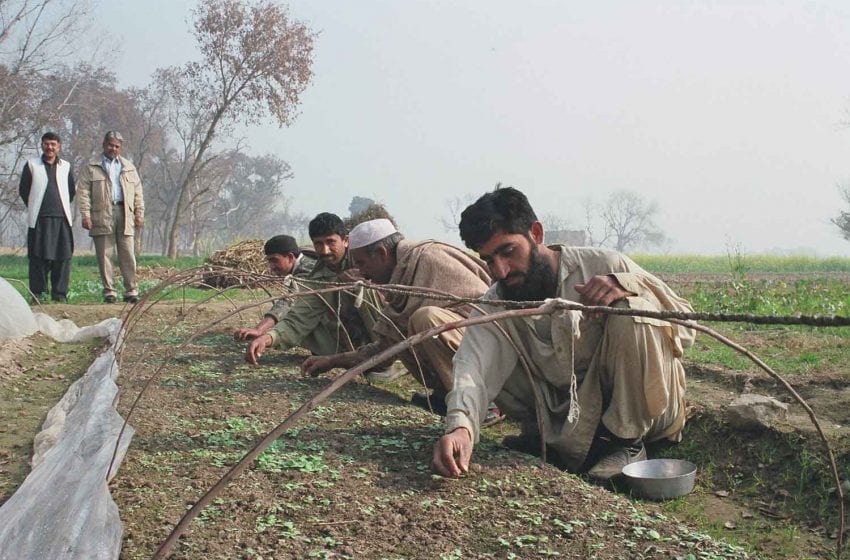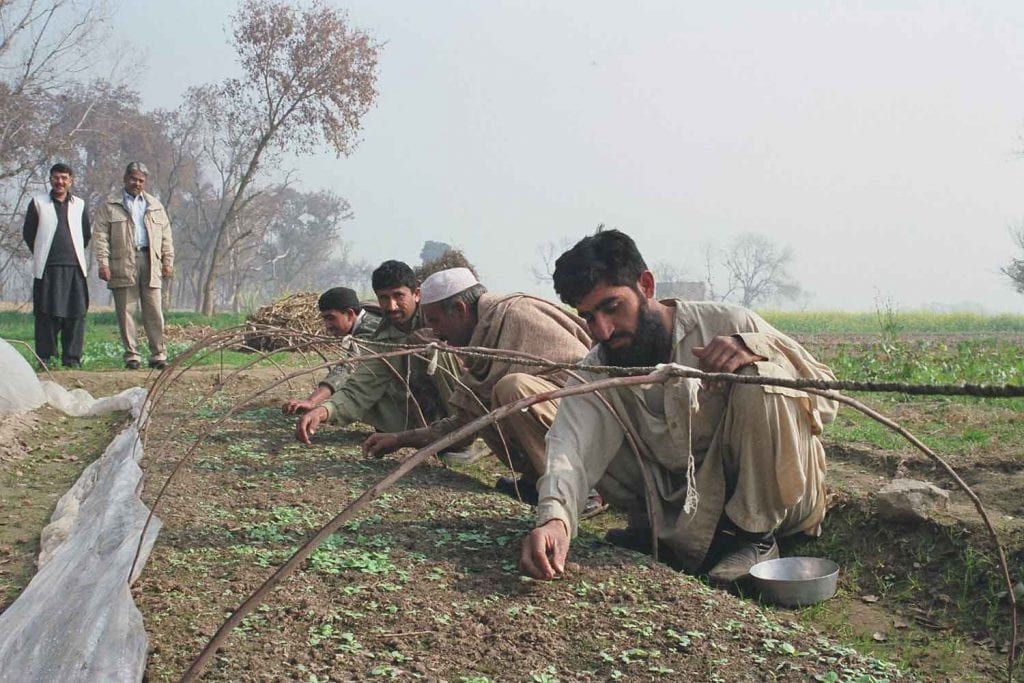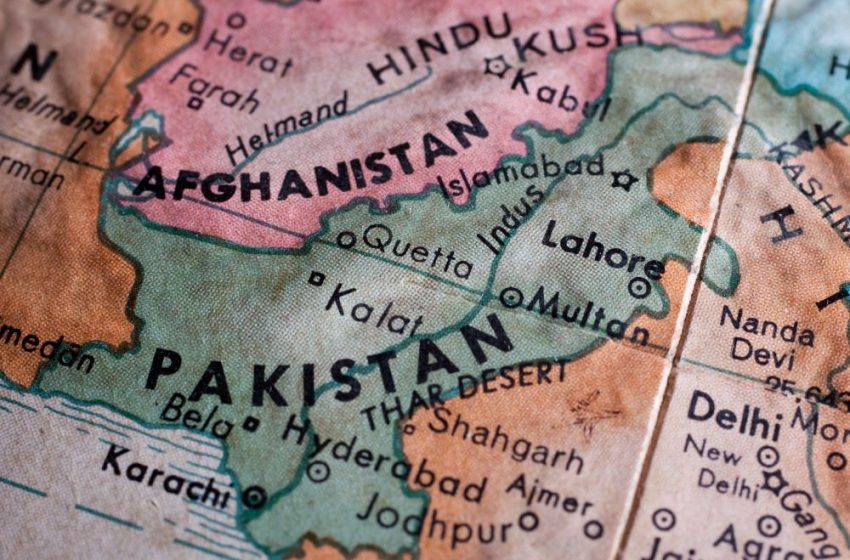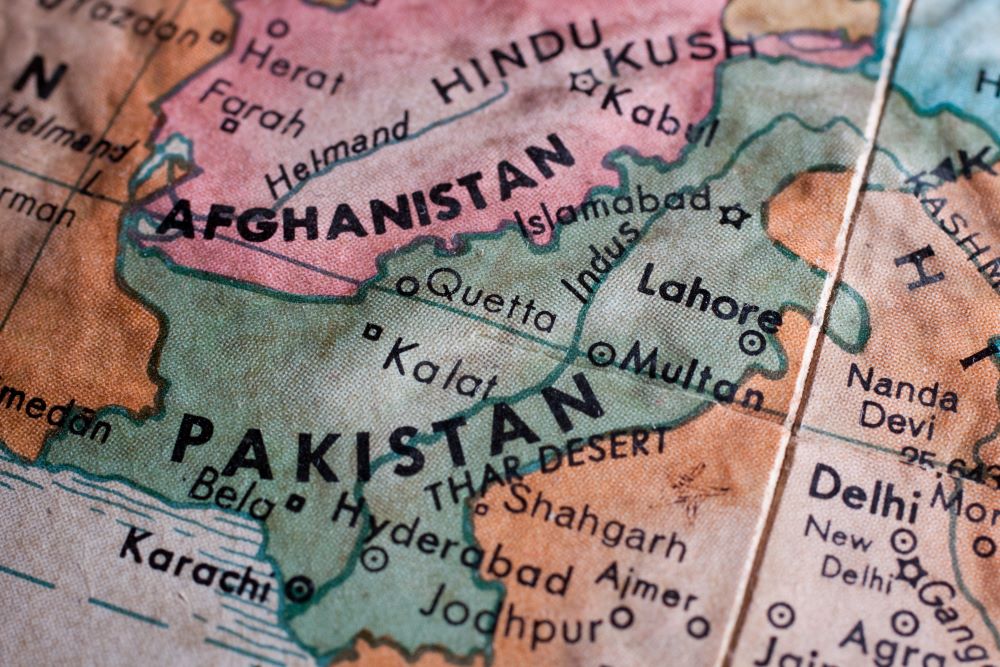
Tobacco companies in Pakistan produced 43.9 billion cigarettes in 2022-2023, down from 64.7 billion in the previous fiscal year, reports The News International, citing figures from the Federal Board of Revenue’s (FBR) track-and-trace system.
The country’s leading manufacturers, Pakistan Tobacco Co. and Philip Morris International, suffered year-to-year production declines of 32 percent and 39 percent, respectively. The production of Khyber Tobacco, by contrast, jumped 48 percent in the most recent financial year.
The FBR collected tobacco revenues of PKR62.9 billion ($224.3 million) from July to September this year, compared with revenues of PKR177.7 billion in the comparable 2022 quarter.
The FBR undertook 1,447 “actions of enforcement and seizure with confiscation” during the most recent financial year, according to FBR Project Director of Track and Trace Zaheer Qureshi
The government is reportedly exploring strategies to boost revenue as part of an anticipated mini-budget in December.
During a discussion on tobacco taxes, FBR officials attributed lamented the challenges posed by a limited workforce, logistical hurdles and an undocumented economy.

















